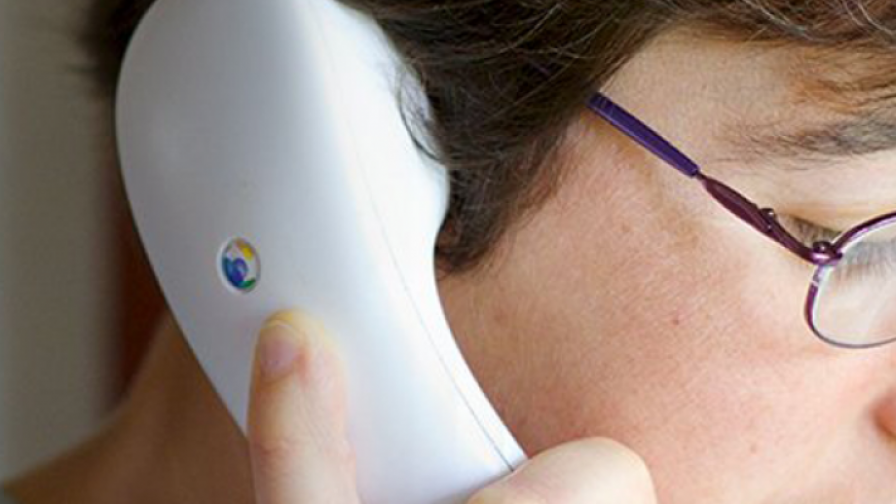Asking for help
Sometimes helping yourself feel better is not enough on its own and you may need extra help. Your GP can suggest other treatment options. It can be hard to ask for help and you may not like the idea of seeing a doctor about mood problems. But looking after your mental health is positive, and getting treatment can make a big difference.
Seeing your GP may be easiest when it feels like you are working together. You can help your GP by telling them about the different feelings you have. It may help to write down what you want from the appointment before you go. Your GP can help by listening, by looking at your medical history and by asking you what you think might help you.
If you feel your mood is linked to your epilepsy or to side effects of your AEDs, you can ask your GP to review your epilepsy or refer you to a neurologist. Your GP may refer you to a local exercise programme or make suggestions about your diet. They may recommend a ‘talking’ therapy or medication such as an antidepressant, or a combination of different treatments. Any treatment is more likely to work if it is a treatment that you want.
‘Talking’ therapies
‘Talking therapies’ such as counselling, psychotherapy or group therapy may help reduce anxiety or depression and make life more manageable. Talking in confidence about your feelings about epilepsy may be helpful.Different talking therapies include counselling, psychotherapy and group therapy.
After many years of attempting to hide the psychological effects of my epilepsy, I chose to seek support in the form of cognitive behavioural therapy. This has allowed me an understanding of the link between epilepsy and depression, and to accept that it’s OK to feel sad.
Medication
If coping with anxiety or depression is very difficult or impossible, your GP may offer you antidepressants or other medication, sometimes along with a talking therapy. Your GP or specialist may check that you are on the right AEDs first. AEDs can have both positive and negative effects on mood (see our list of AEDs and related possible side effects) and will affect people differently. If you are offered medication for anxiety or depression, your doctor can check which is the best drug for you, and one that is least likely to affect your AEDs or your seizure control. Reporting any side effects will help your GP to see which treatment suits you.
Where family and friends can help
You may not recognise that you are anxious or low. Family or friends may notice changes in your mood before you do. Comments made by others may be hard to hear but they may be worried about you. Helpful approaches include the following.
- They could ask you how you feel, then listen without interrupting when you want to talk.
- They could keep any comments about you factual, rather than give opinions on what they think you should do.
Information produced: August 2017

Epilepsy Society's confidential helpline is available for anyone affected by epilepsy.
Call us on 01494 601400. You can also reach us by email helpline@epilepsysociety.org.uk or chat with us online.
